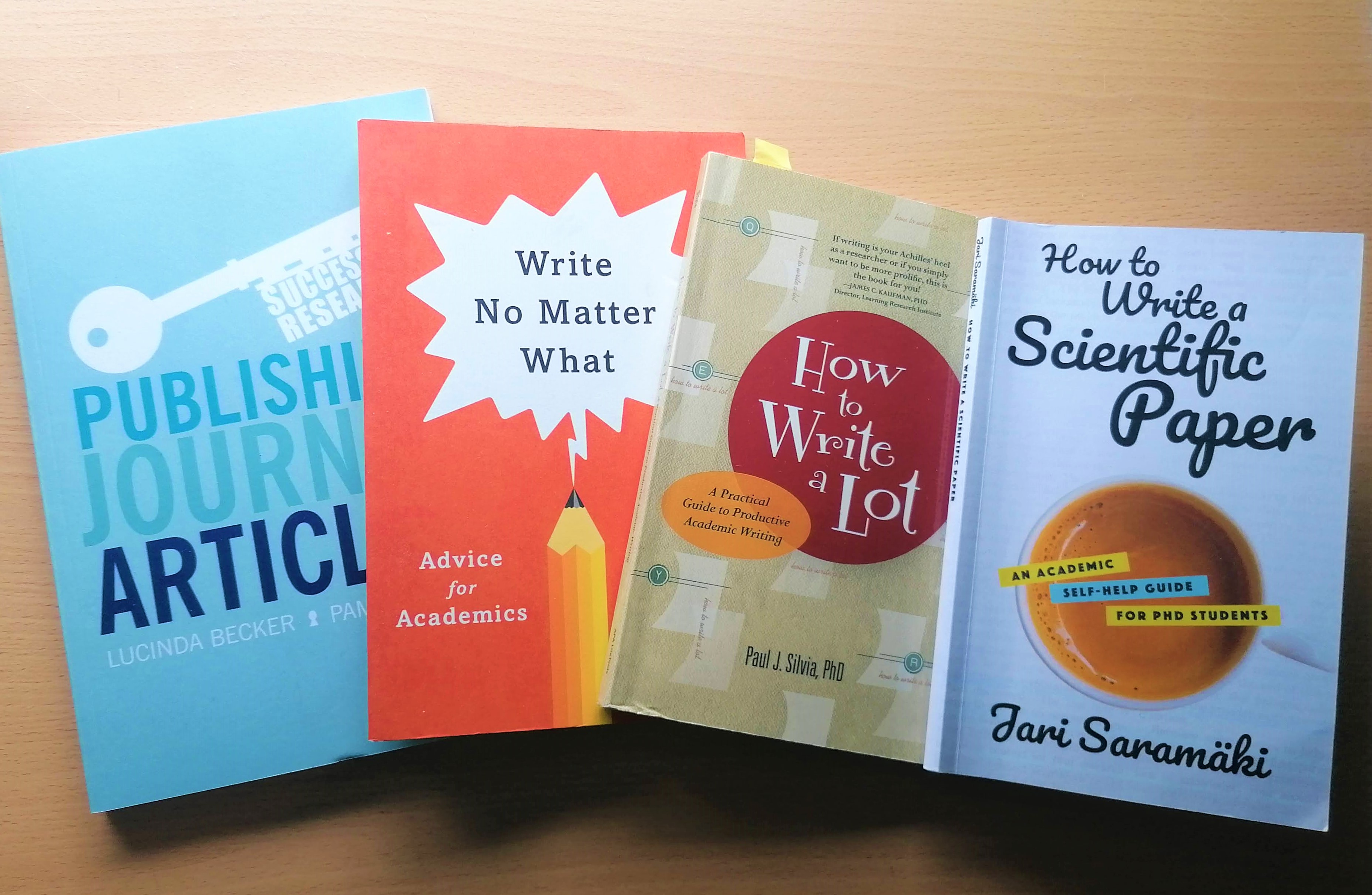Writing research papers is one of the most obvious research outputs of a PhD. As a physics PGR, it’s the norm for people in my field to publish 2 or 3 papers from their PhD research. Whether PhD students should be required to publish is a conversation for another day, but in this blog, I’ll share my tips for writing papers.
Deciding on a journal
Once you know what study you want to publish, it’s useful to decide on the initial journal you want to submit your paper to. You can discuss this with your supervisor and then use the author guidelines for the journal you pick to help inform your writing. There are even tools like ‘JournalFinder’ that you can use to identify a suitable journal. I chose ‘Physical Review B’ as an initial journal to aim for. This journal even has a LaTeX template that you can use which streamlines the formatting process a lot. You’ll find that most journals have an ‘author guidelines’ section on their website which outlines word counts, formatting, and the number of figures you can have.
Getting Started
Starting is by far the hardest step. It feels really overwhelming staring at a blank screen and I’m pretty sure every researcher feels the same way! Academic writing doesn’t come naturally to a lot of people but the best thing to do is to write a bad first draft and then edit and revise it until it’s submittable. Editing is always much faster than writing the initial draft. There are lots of different techniques to try and I’ve explored many to try and find one that suits me. Not every technique will work for everyone so it’s worth experimenting a bit.
Here are some pieces of advice I’ve come across that have helped me a lot in my writing:
- Schedule time in your calendar specifically for writing: Paul Silvia’s book ‘How to Write a Lot’ is particularly useful to help you become a reflective, disciplined writer. He emphasises that writing is hard and the best way to improve is through practice. To do this, scheduling a few hours a week (to begin with) of specific writing time where all notifications are turned off is key. You need to create an environment where you can do deep work which means tackling hard stuff like writing and you might even slip into a flow state.
- Starting with an outline: Creating an outline of questions to answer in your paper can be really helpful. This paper has some detailed suggestions and advice on how to create a ‘level 1’ and ‘level 2’ outline to help you formulate your arguments.
- Use a top-down, system approach: In this framework, you formulate your ‘research story’ first, then a broad outline, then a paragraph-level outline. This means that you can take your paragraph outlines and start writing easily and quickly by picking any of the paragraphs and writing a sentence or two. Read Jari Saramäki’s ‘How to Write a Scientific Paper’ to learn more about this approach.
I like to use a top-down approach which helps me formulate my ‘research story’. I’ll also generally give myself a very rough outline to follow initially to get me started and schedule daily writing hours to develop a writing habit.

Edit, Edit, Edit
Once you’ve started your paper, use that momentum to finish off your initial draft. It doesn’t have to be perfect. In fact, it doesn’t even have to be good. It just has to be something vaguely resembling the paper you want to write. You can then share this with your supervisor and collaborators to carry out many rounds of revisions until you’re happy with it. This can be pretty scary and it’s hard to let go of perfectionism but just remember that everybody has to revise and edit papers before they submit them. It’s part of the process and is an opportunity to learn and improve your paper!
Submission and Publication
When you have the okay from your supervisor, you can then submit your paper to your chosen journal for peer review. This can take a long time and it’s fairly likely to be rejected, but that’s just part of the process. Peer review comments will allow you to further refine your paper to re-submit (maybe to another journal). This process is all about helping you write the best version of your paper (within reason). Eventually, your paper will be published and out there for the world to see!
